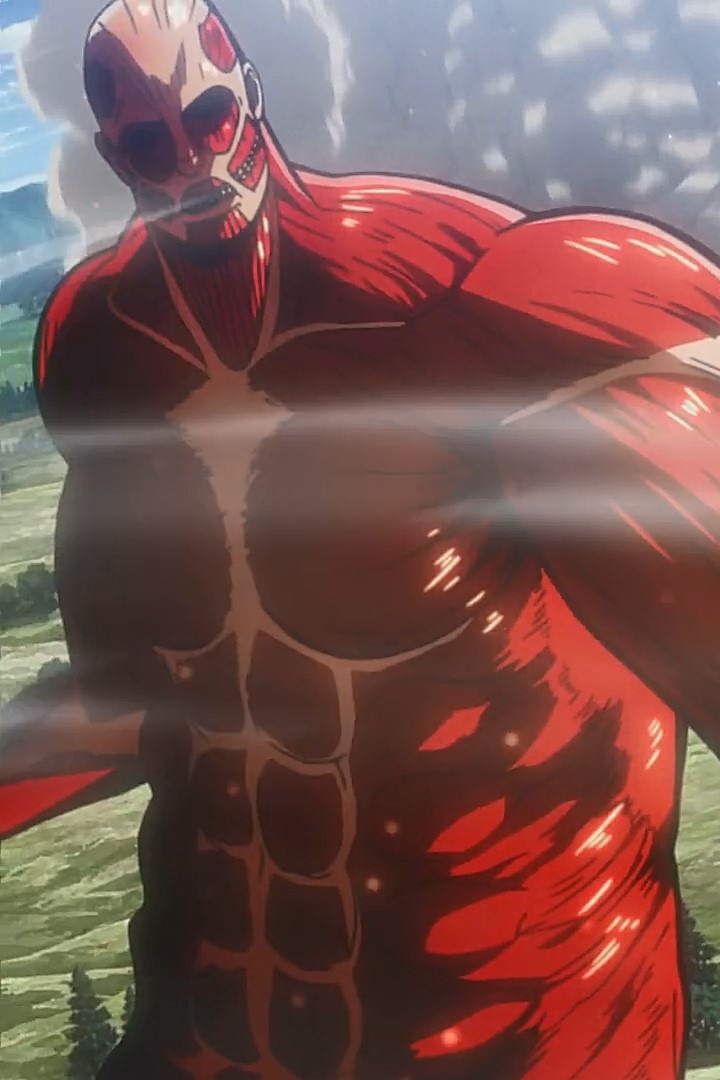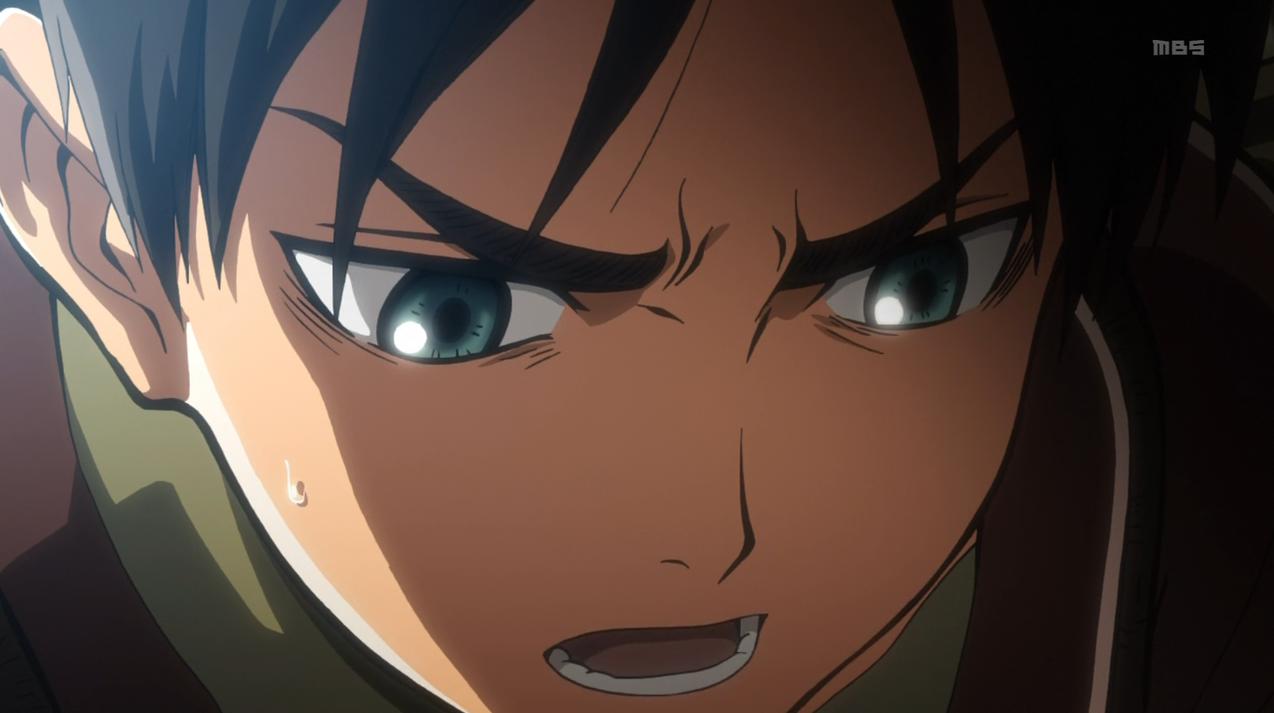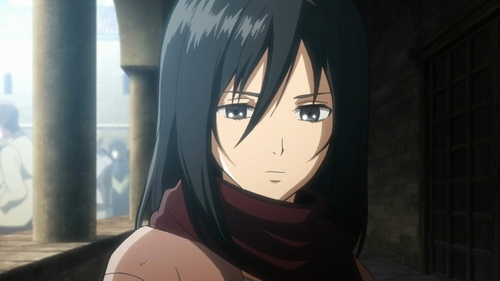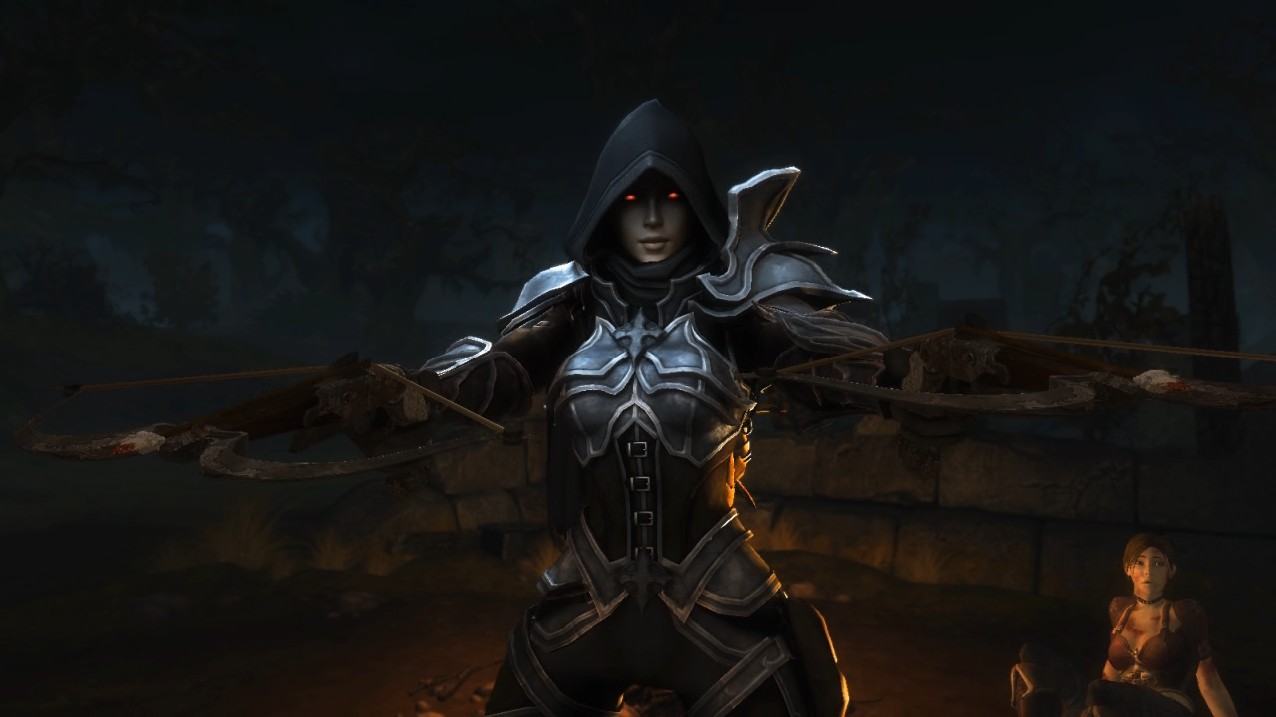So its been a little over a week since I've begun tripping on SnK. As I said before, I watched the first couple of over the weekend before last. Now, I'm pretty much up-to-date with the anime and the manga. When I saw the first couple of episodes, I thought I'd never seen a more unlikeable protagonist. I've referred to Eren as the shouty little shit, quite often. But as the series progressed, he kind of grew on me.
Flawed heroes are old hat. The trick is to make the flaw interesting. Not too many pop writers pull it off. GRRM does it well, JKR doesn't. (I loved the Harry Potter series, but Harry himself was - too nice a kid, except maybe in OOTP).
When I was in school, every kid wanted to become a) an engineer b) a doctor c) a chartered accountant. Yes, when we were younger, we talked about becoming pilots or policemen or engine drivers (show how old I am, doesn't it?), but all that changed.Except for this one kid. He wanted to be a photographer. He was not too interested in acads. He knew what he wanted to be and stayed with it. The last I heard, he was working for National Geographic.
If Eren was at school, I would have stayed away from him. He wouldn't have had many friends. Not many male friends, atleast. There may have been girls who found him cute, but lets face it, he's scary as fuck.
So what could make a 10-12 year old kid that way? An imagination that kept running up against an implacable barrier in the form of the wall? A hyperactive curiosity kept in check by a proportionate fear of the monsters on the other side? And not even the kind of fictional monster that goes away when you put your head under the blanket, but a monster that even the adults acknowledge? The kind of dreaming that's like a pressure cooker because of the constraints its under?
It also explains the anger that kid!Eren unleashes on Hannes. The boogeyman is real. You know that. Why the fuck are you guys slacking?
It's also a key detail - when Eren's father calls him a seeker. "When somebody's on a quest, there's no sense talking them down." Grisha Jaeger knows what kind of person Eren is. And the word is - though I hate to use it - indomitable. You can kick him, you can beat him up, but you cant keep him down.
All this doesn't make Eren any more sympathetic. Even the moment where he watches his mother being devoured by the smiling titan - I felt more shock at the gruesomeness of the scene - and the idea of kids seeing their mother die so horribly than any feeling of Eren seeing his mother die horribly.
The next time we see Eren, after he manages to escape from Shiganshina, is on the night of his graduation, where he picks a fight with Jean. Three years of training and two years of working on a farm don't seem to have changed him any. He's still shouty, and his fights with Jean over what the trainees should do after graduation seem to have become a regular feature. But after shouting at Jean, he talks about his dream. More softly. About leaving the walls and exploring the world. his vision has appeal. You can see Connie and Sasha, Christa and Mina and Thomas listening, and you know that they hear him.Then Jean mocks him and they start fighting.
This part seems to be a bit off, for me. Reiner tells Jean to back off, saying Eren is the best hand-to-hand fighter among the trainees. Then Mikasa comes up to them and picks Eren up bodily and takes him away, to the amusement of the onlookers. This is probably there to re-establish Mikasa's badass cred, but its unnecessary. And it also shows that Mikasa, for all her concern about Eren, wasn't really bothered about making him look ridiculous. And Eren can take care of himself -especially against Jean, something thats been shown in a later issue.
Now, maybe Isayama hadn't gone into depth about character progression beyond a rough outline at this point, and it make sense that the anime changed this scene to Eren making his speech and Jean looking on with a mixture of resentment and fuck-I'll-be-glad-to-see-the-last-of-you-ness.
When Eren sees Hannes the next day, they chat a bit, but its clear that he doesn't blame Hannes in any way for the death of his mother.
Now, here's the part that has puzzled me since I read it. After Hannes talks to him about how Grisha Jaeger saved his wife, he says that they have only Eren's memories to rely on, given that he saw him last, and asks Eren if he remembers anything at all. And Eren goes - a bit nuts.
Now, I was under the impression that Dr. Jaeger left for the inner districts by boat just before the titan attack and never returned, because he told Eren about the basement and showed him the key. The kids leave the house after Dr Jaeger leaves, they save Armin from the bullies and then the titans happen. (Chapter 1, pages 42 on ). At this point, Eren does't have the key. And once the titans hit, the kids run home, find Carla, lose Carla and get transported to the barges and leave Shiganshina. After that, they're at the landfills/farms and then go into training. But at some point here, if I understand this right, Dr Jaeger returns, finds Eren, gives him the key and a shot, a shot which has the side effect of messing with your memory. But Eren's words "You've been acting weird since mom died" also indicate that has had enough time - a matter of some days, if not weeks, to view Grisha's changed behaviour. So when does this happen? Is this error or intent? Plan or plothole?
/*Next:Isinglass and post-trosties*/
/*
***********************************
And this has become my theme tune
***********************************
*/
Flawed heroes are old hat. The trick is to make the flaw interesting. Not too many pop writers pull it off. GRRM does it well, JKR doesn't. (I loved the Harry Potter series, but Harry himself was - too nice a kid, except maybe in OOTP).
When I was in school, every kid wanted to become a) an engineer b) a doctor c) a chartered accountant. Yes, when we were younger, we talked about becoming pilots or policemen or engine drivers (show how old I am, doesn't it?), but all that changed.Except for this one kid. He wanted to be a photographer. He was not too interested in acads. He knew what he wanted to be and stayed with it. The last I heard, he was working for National Geographic.
If Eren was at school, I would have stayed away from him. He wouldn't have had many friends. Not many male friends, atleast. There may have been girls who found him cute, but lets face it, he's scary as fuck.
So what could make a 10-12 year old kid that way? An imagination that kept running up against an implacable barrier in the form of the wall? A hyperactive curiosity kept in check by a proportionate fear of the monsters on the other side? And not even the kind of fictional monster that goes away when you put your head under the blanket, but a monster that even the adults acknowledge? The kind of dreaming that's like a pressure cooker because of the constraints its under?
It also explains the anger that kid!Eren unleashes on Hannes. The boogeyman is real. You know that. Why the fuck are you guys slacking?
It's also a key detail - when Eren's father calls him a seeker. "When somebody's on a quest, there's no sense talking them down." Grisha Jaeger knows what kind of person Eren is. And the word is - though I hate to use it - indomitable. You can kick him, you can beat him up, but you cant keep him down.
All this doesn't make Eren any more sympathetic. Even the moment where he watches his mother being devoured by the smiling titan - I felt more shock at the gruesomeness of the scene - and the idea of kids seeing their mother die so horribly than any feeling of Eren seeing his mother die horribly.
The next time we see Eren, after he manages to escape from Shiganshina, is on the night of his graduation, where he picks a fight with Jean. Three years of training and two years of working on a farm don't seem to have changed him any. He's still shouty, and his fights with Jean over what the trainees should do after graduation seem to have become a regular feature. But after shouting at Jean, he talks about his dream. More softly. About leaving the walls and exploring the world. his vision has appeal. You can see Connie and Sasha, Christa and Mina and Thomas listening, and you know that they hear him.Then Jean mocks him and they start fighting.
This part seems to be a bit off, for me. Reiner tells Jean to back off, saying Eren is the best hand-to-hand fighter among the trainees. Then Mikasa comes up to them and picks Eren up bodily and takes him away, to the amusement of the onlookers. This is probably there to re-establish Mikasa's badass cred, but its unnecessary. And it also shows that Mikasa, for all her concern about Eren, wasn't really bothered about making him look ridiculous. And Eren can take care of himself -especially against Jean, something thats been shown in a later issue.
Now, maybe Isayama hadn't gone into depth about character progression beyond a rough outline at this point, and it make sense that the anime changed this scene to Eren making his speech and Jean looking on with a mixture of resentment and fuck-I'll-be-glad-to-see-the-last-of-you-ness.
When Eren sees Hannes the next day, they chat a bit, but its clear that he doesn't blame Hannes in any way for the death of his mother.
Now, here's the part that has puzzled me since I read it. After Hannes talks to him about how Grisha Jaeger saved his wife, he says that they have only Eren's memories to rely on, given that he saw him last, and asks Eren if he remembers anything at all. And Eren goes - a bit nuts.
Now, I was under the impression that Dr. Jaeger left for the inner districts by boat just before the titan attack and never returned, because he told Eren about the basement and showed him the key. The kids leave the house after Dr Jaeger leaves, they save Armin from the bullies and then the titans happen. (Chapter 1, pages 42 on ). At this point, Eren does't have the key. And once the titans hit, the kids run home, find Carla, lose Carla and get transported to the barges and leave Shiganshina. After that, they're at the landfills/farms and then go into training. But at some point here, if I understand this right, Dr Jaeger returns, finds Eren, gives him the key and a shot, a shot which has the side effect of messing with your memory. But Eren's words "You've been acting weird since mom died" also indicate that has had enough time - a matter of some days, if not weeks, to view Grisha's changed behaviour. So when does this happen? Is this error or intent? Plan or plothole?
/*Next:Isinglass and post-trosties*/
/*
***********************************
And this has become my theme tune
***********************************
*/







 shows up, and breaks a hole in the outermost wall, letting the smaller titans in. The titans kill and eat people - and they eat the hero's mom. The hero is a shouty 11-year old who escapes into the area within the second wall, along with his adopted sister (badass mary sue stoic action girl) and best buddy (nerdy weakling genius) and swears revenge. he decides to join the army to fight the titans.
shows up, and breaks a hole in the outermost wall, letting the smaller titans in. The titans kill and eat people - and they eat the hero's mom. The hero is a shouty 11-year old who escapes into the area within the second wall, along with his adopted sister (badass mary sue stoic action girl) and best buddy (nerdy weakling genius) and swears revenge. he decides to join the army to fight the titans.









